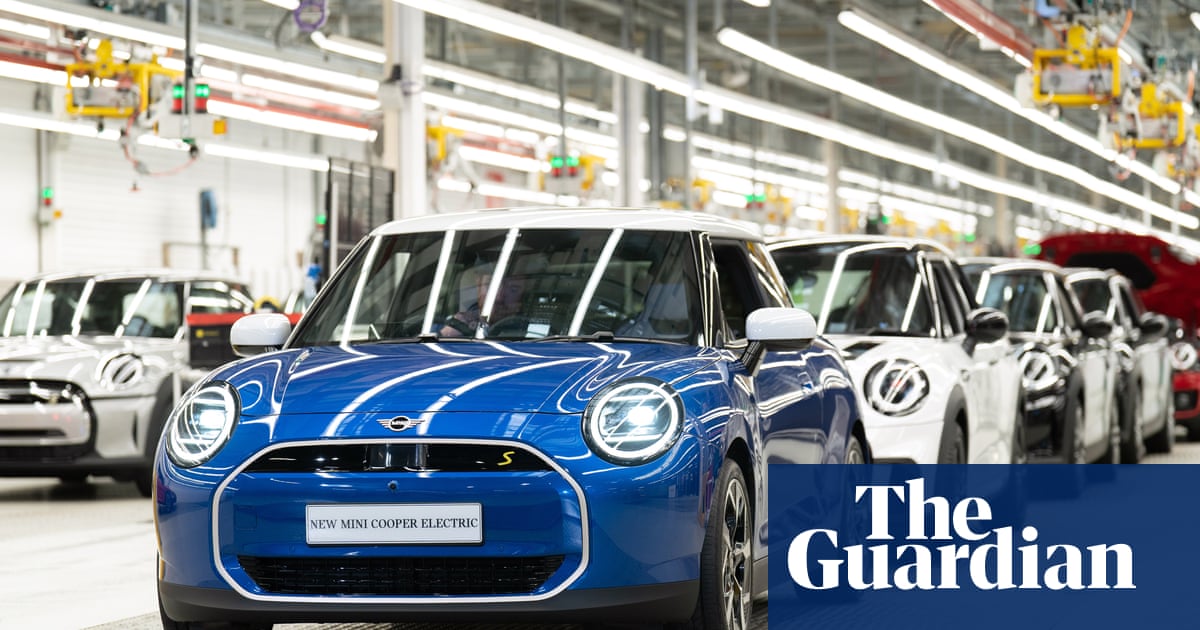BMW Group has paused a £600m investment into a Mini car assembly plant on the outskirts of Oxford, amid a declining demand for electric vehicles.
In 2023, the German carmaker, which has owned Mini since 2000, announced the investment to upgrade its Cowley plant for electric production of the Mini. It was supported by government-backed investment, and was forecast to secure 4,000 jobs in electric vehicle production.
BMW will now review the plans to manufacture battery-powered Minis at its Cowley site. “Given the multiple uncertainties facing the automotive industry, the BMW Group is currently reviewing the timing for reintroducing battery-electric Mini production in Oxford,” the company confirmed in a statement.
The carmaker said Plant Oxford was “at the heart of Mini production, manufacturing and exporting a range of models which are sought after in the UK and around the world”.
It continued: “Much of the investment is progressing, with construction well underway to make the plant future-ready. One of the projects is a brand-new state-of-the-art logistics facility.”
The company has informed the UK government of its decision to review the timeline, and has confirmed it will not take the previously announced grant. “We remain in close dialogue about our future plans,” the statement said.
Oxford Plant will continue to produce Minis with internal combustion engines in the meantime. The site, which employs 4,500 people and dates back more than a century, is still due to become an electric-only plant by 2030. The halting of the investment has called its future into question, and means BMW will have to pay import duties for longer than expected.
When the £600m investment was announced, production of the electric Mini Cooper and the electric Mini Aceman crossover SUV at the site was forecast tobegin in 2026, marking a U-turn for BMW who previously wanted to export production to cheaper factories in China. That deal was brokered by Rishi Sunak’s government and included £60m in taxpayer subsidies.
The current Labour government pledged to reintroduce plans made by the former Conservative prime minister Boris Johnson to ban sales of new petrol and diesel cars by 2030. Car manufacturers have been given strict quotas on sales of electric vehicles, or they could face fines of up to £15,000 a car.
This year, 28% of UK car sales must be electric – and this quota is expected to increase annually. In 2024, the target figure was 22%.
However, demand for electric vehicles has declined as consumers are concerned about a lack of charging infrastructure and the rising costs of switching over from petrol and diesel alternatives.







